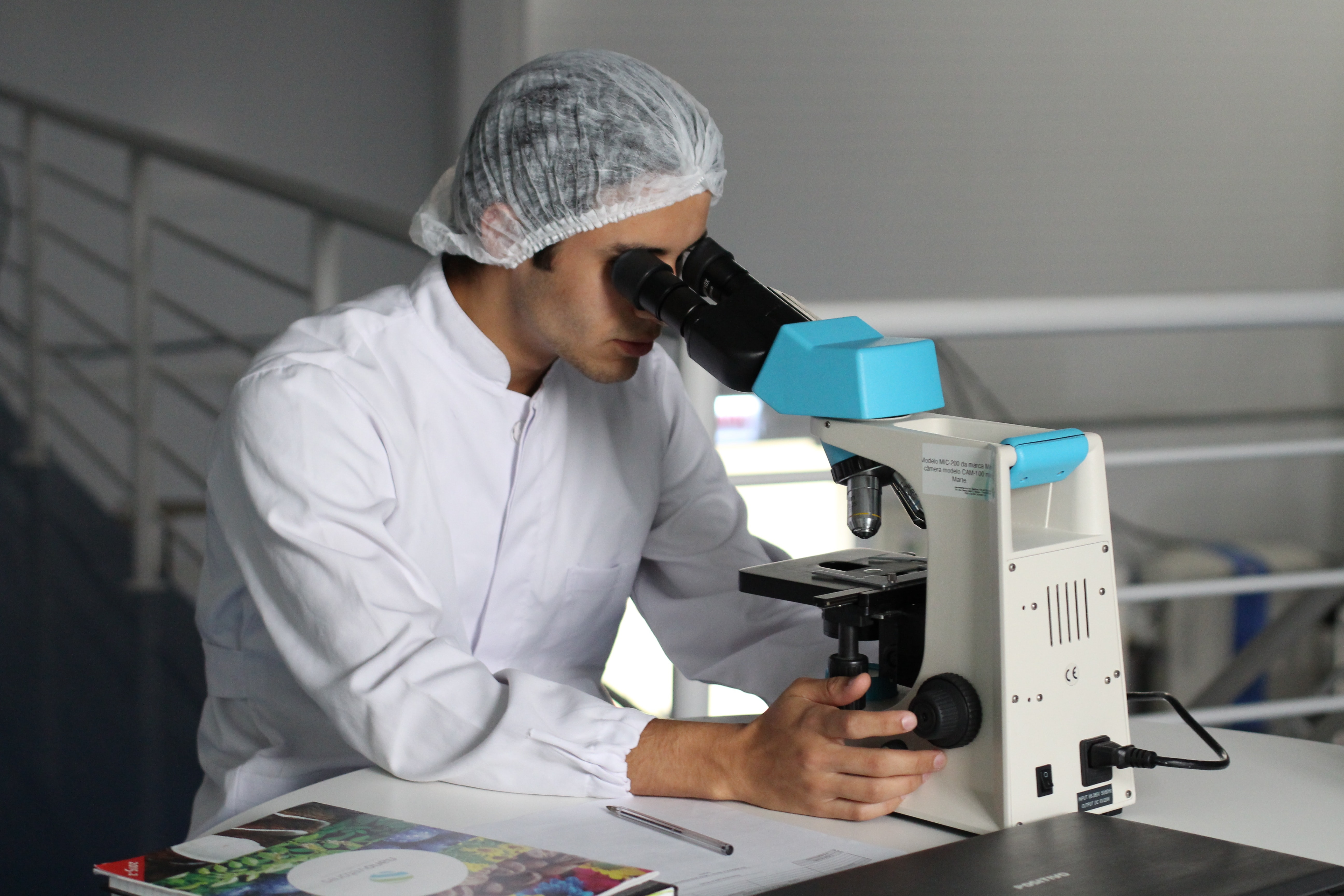Public Health, Technologies, and the Right to Privacy
18 Apr 2022 | Karl Baquiran

Over the course of the past two years, when people were forced to work and learn from home, the world bore witness to an explosion in technological innovation at a level perhaps never before seen. Most people coped with the circumstances by going online for practically everything: from buying to selling, from lectures to webinars—even gambling and religious activities. Today, as people adjust to the reality of having the virus around while needing to moving on with their lives, it is gradually becoming clear that the technologies we’ve all come to know will now be impossible to live without.
Take the case of schools. With the decline in the number of COVID-19 cases around the country, the prospect of soon having face-to-face classes soon now looms in the horizon, leading some people to think: what would be the new face of schools now that everyone’s had a taste of the many conveniences brought about by technology? Will it be better or worse? At the same time, many also have their reservations. Is it now really safe to go back? What measures are schools putting in place to keep everyone safe?
As far as teaching methods are concerned, the pandemic saw many educational institutions incorporate Learning Management Systems (LMS) into their teaching strategies. These software allowed online learning to thrive and made it easy for teachers to monitor their students’ submissions and performance. It’s highly likely that their use will continue given the investments already made by many schools. It also doesn’t hurt that most LMS are compatible with different teaching formats (e.g., full online, hybrid, or onsite classes).
The repurposing of social media platforms for educational use will likely be retained as well, particularly as a means to communicate with students and other stakeholders in a faster, more efficient manner.
Meanwhile, on matters involving safety for students, one way of ensuring it is to minimize contact with surfaces that can transmit the virus. In some schools, this translates to the embedding of QR codes or RFID to the identification cards (ID). They can be used as basis for determining the presence of students inside school premises, checking of attendance in classes or events, facilitating enrollments, enlistment for subjects, payments, and even the borrowing of books from the library. Already a norm in a number of big universities in Metro Manila, this strategy can now be adopted by others that are also looking forward to more contactless transactions.
A good complement to contactless initiatives are the use of closed circuit television (CCTV) systems, which have been around for quite some time. They are typically viewed as safety mechanisms whenever they are installed. In schools, they are often used to deter or review disturbances or illicit behavior of students and school personnel. While living with the pandemic, academic institutions can now use them to police prescribed health protocols such as social distancing and the use of face masks.
With all their promised benefits, however, these technologies come with baggage, too.
In the case of LMS, for example, digital images uploaded by students and teachers alike can sometimes facilitate surveillance or stalking. The exchangeable image file format (EXIF) of such pictures can be used by any individual with malicious intent to locate their owners’ residence or workplace. With enough data collected over time, one can even analyze the owners’ movements and behavior. There are now plenty of real-world examples that prove that scrutiny of this type of information has led to forced resignations, expulsions, and even arrests.
Meanwhile, information coming from school IDs with QR codes or RFIDs may be collected and eventually exploited with the use of proper tools, without their owners even being aware of it. At the same time, the use of CCTV footages by school administration to monitor the foot traffic of specific students simply tagged as suspicious can be an unwarranted intrusion on their individual privacy. It’s worse if stalkers or other bad actors manage to get access to such information by hacking into the school’s CCTV system.
The impending return to the school campus is surrounded by an atmosphere of both excitement and fear. People are excited to interact with others again, face-to-face, but they are also quite nervous knowing that the virus is still out there, capable of inflicting harm and even tragedy on unsuspecting families. But while schools constantly assure people of their health and safety when the time finally arrives, they should also be asking themselves some critical questions regarding their guarantees. Questions like “how much data collection and surveillance should we be engaged in” or “where do we draw the line between public health and safety and every individual’s right to privacy”. These are the tough to answer and it will require the combined efforts of all stakeholders—students, parents, faculty, and administrators—to come up with sensible answers.




